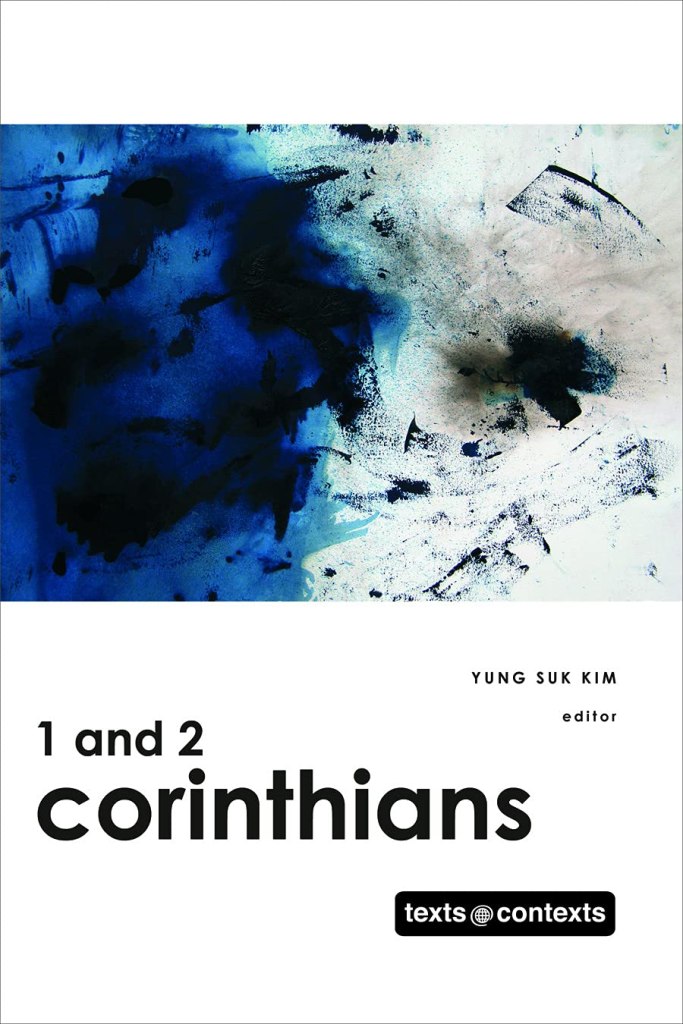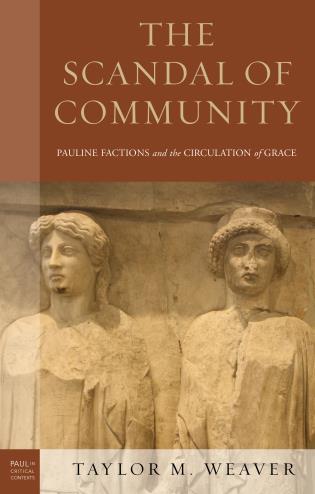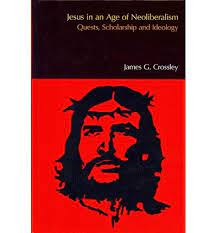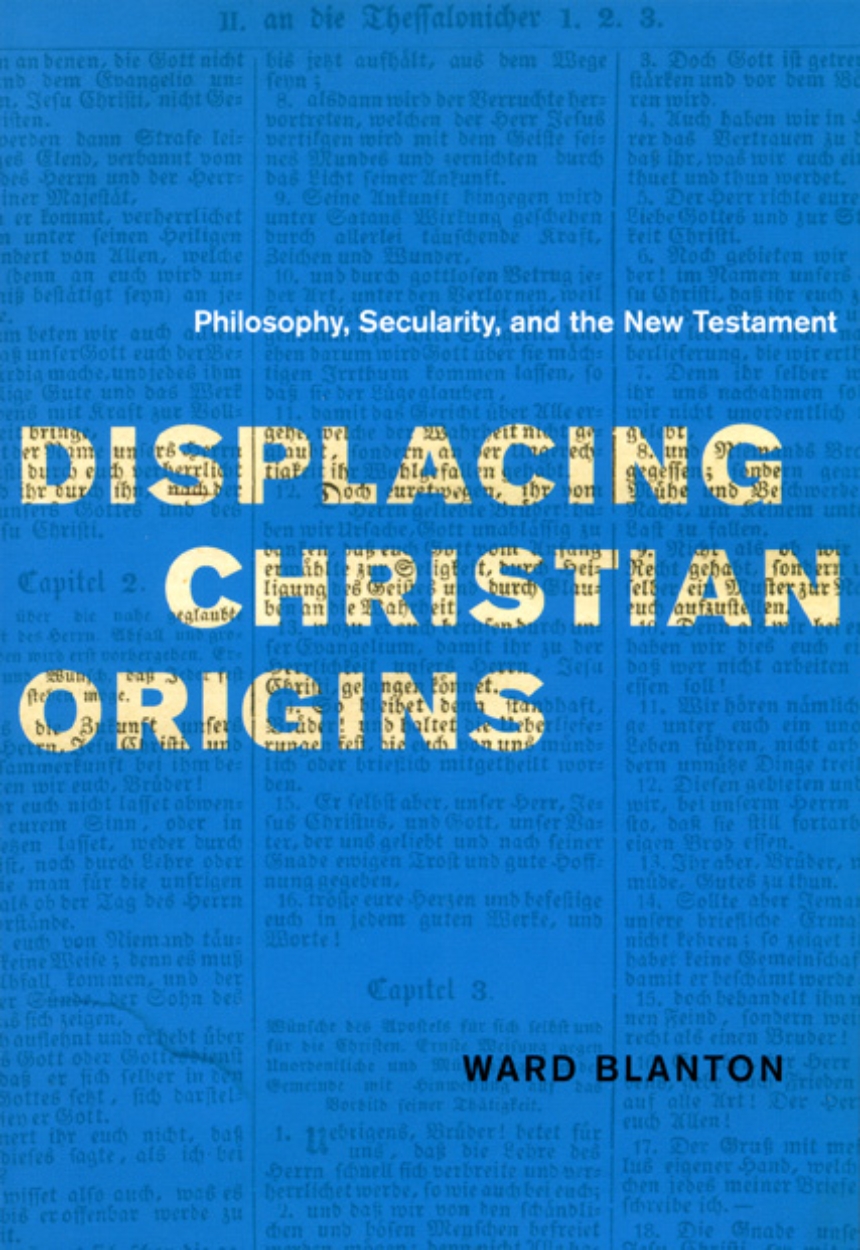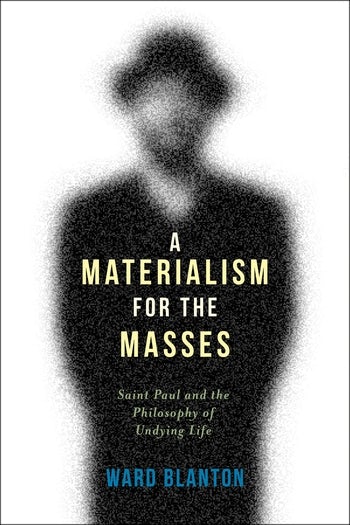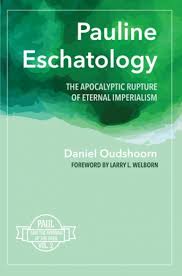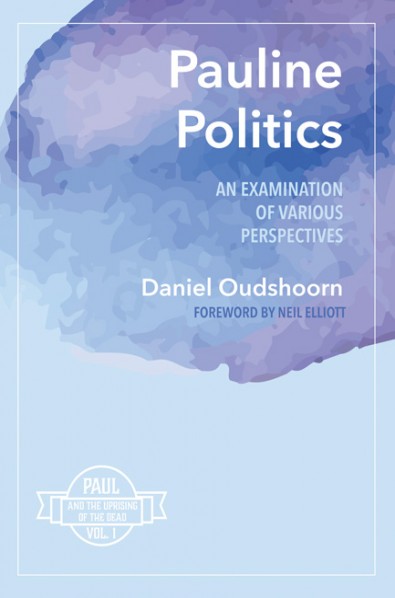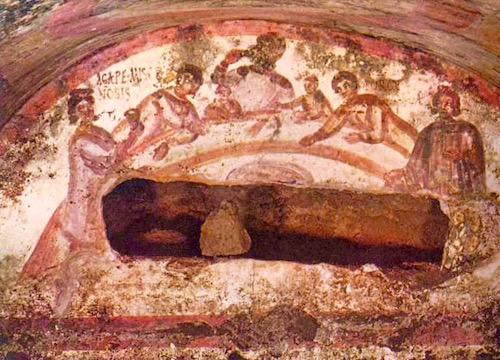The world doesn’t need another blog post about the horrors of academia. Yet, I feel compelled to write. The compulsion is primarily cathartic. Writing about my own academic life helps to expunge the feelings; I have hope that this will bring me comfort. But, beyond the search for rest, I also know that writing helps me think. Putting things down on the page makes it feel more concrete, helps me sort things out, make sense of my present state. And, so I hope that writing this will help me understand my own life, as well as the mess that is ‘academia’ (and, primarily my own niche disciplinary space).
Pasts
My parent divorced when I was the age that my son is now. It’s odd to recognise this. I’m not sure that it says anything, really, about my story. Except that I grew up in a broken home.
My mother gained custody of my older brother and I. We had only recently moved to Alabama when my parents split up. You see, my dad had a nice job at a nuclear power plant in Arkansas. But, my parents wanted an adventure, they wanted to branch out and try something exciting. So, they bought a petshop in Alabama and we packed up our nice two story house that was built into the side of a mountain and headed east. My dad split himself between the two properties because he had to sell the house and wind things down. And, then the worst happened: they grew farther and farther apart. Soon there was nothing left, and the deed was done. My mother took my brother and I further East to North Carolina, her birthplace as well as my own.
We were poor. Really poor. But, we were OK. And, eventually my brother and I decided we wanted to live with my dad; subsequently he won custody of us and we moved back to Arkansas. Then down to Texas. Then to another place in Texas, where we settled.
It was a nice, tiny town. The kind of place where you knew everyone in the high school, and for the most part you could get along with your peers. I wanted to be liked, and I achieved that by having a cooler older brother, and by getting involved in extracurricular activities. I never knew what I wanted to be when I grew up, but I did know that I liked theatre, writing, journalism, and cross country. And, all of those and more were easy to get into when your school was small and you had little competition for entry. Eventually I graduated valedictorian and decided to go to a small (1200 or so students) private Christian university near my hometown.
I still didn’t know what I wanted to be, and started out majoring in psychology. Because the school was Christian a general education requirement was taking Old Testament and New Testament survey courses. It was in my first semester that I took OT survey, and it blew my mind. I had no clue about, for instance, redaction criticism, or social scientific criticism, despite growing up in churches. It was like the whole world opened to me. I couldn’t not change my major. Which set me on a new course in life.
It wasn’t only religion courses that blew my mind and really opened the world for me. I took philosophy courses and got obsessed with, especially, ‘postmodernism’. I did a special project on Derrida and conceptions of justice in Christianity and in Derrida’s later more overtly political writings. I couldn’t look back, and signed up for the brand new MA programme at the university. Why did I go on to an MA programme? Because I simply couldn’t stop. I wanted to learn more, and I felt a genuine ‘calling’ to academia. And, especially to teaching at the university level.
Despite being a tiny private Christian university, I learned about a lot of things one wouldn’t expect. It was here, after all, that I was encouraged to pursue work on Derrida. It was also here that I became interested in anti-capitalism, critical theory, and literary theory. One of the NT profs became somewhat of a mentor, and he pointed me to work by Zizek, Badiou, Agamben, and Taubes. This was the heyday of the philosophical reception of Paul (which, perhaps, peaked sometime around 2014, though is still certainly going on), and I was inspired. I started to believe that academia was some glorious thing, where you were joining the intellectual fight! And, you could make a genuine difference if you stuck with it. I went into a PhD programme in 2014 believing this. Quickly, I was disabused of that notion.
But, I was too far gone! Here I am in the mid-late 2010s with absolutely no hope about the future. I’m watching well-renowned programmes dissolve (such as Stirling in the UK), learning about shitty pasts (Sheffield…), and sitting there trying to figure out what the hell I am going to do in a few years when I graduate. I don’t regret it, even though I have so much school debt. But, I had for so long only seen the future as rosy, as open. I thought that because I was relatively smart (valedictorian; great GPA in BA and MA programme), had been publishing, making connections, and walking in the right direction that I would have some sort of future. That things would just work out.
I graduated and stayed for several more months in the UK, hoping for a job. Nothing happens. Student Visa ends, and after 6 years I have to say goodbye to my home, to my friends, to my research networks. It was gutting. My partner, son, and I get back to Texas late January 2020. A few weeks later the world closes down because of Covid. I feel well and truly fucked. How could I have done this to my life? How could I have done this to my tiny family?
My wife finds a job and I become a stay-at-home-dad, which is a pleasurable experience. I still feel guilty. I try to find work. I apply to so many academic jobs, no matter what they are. I’m willing to do anything, even if it means moving for one lousy year.
A year after moving back I get a job in Collection Development at a public library. My main tasks are purchasing new materials, and paying close attention to the budget. It takes a lot of energy and work. And, for the first year and a half I am looking for some way out. I am desperate to escape to academia, convinced that only this will bring my family happiness and prosperity.
In late 2022 I finally get my break: I am picked for a postdoc back in Europe. Partner and I had dreamed of getting back to Europe since we were kicked out of England. We’d dreamed about it and also made long-term goals about what steps we’d take to finally get back. Finally, happiness is right around the corner!
Still, I can’t shake the feeling that something is wrong. I put off moving for months, and all throughout that time I am constantly on the tipping point of backing out. The postdoc is a long one. It isn’t some measly 1 year gig, but 3 years in total.
Finally, I put in my notice at my library job 3 weeks before I’m supposed to leave for Norway, then take a week off to go tell family in North Carolina.
On May 13th I regretfully and tearfully say goodbye to my partner and my 5 year old. I haven’t seen them since that day, except through infrequent videochats.
In the meantime, I’m loving my time in Norway. The library is great, friendly colleagues, I have a nice little flat, the city is big, but not too busy or crowded. However, it steadily starts to sink in more and more that I don’t know what I am doing. I don’t know what my goals are. I don’t see a way out. What happens after? What do I do when I am nearly 40 and lose this temporary job?
In many academic fields there is an escape. You don’t have to be aligned with a university. You can go into ‘industry’ or perhaps government. You can sidestep out and kinda dissumulate yourself, contorting into a different shape or presence. You can fit into something new. But, in many of the disciplines similar to mine, there is no space for that. Who needs a NT scholar who specialises in contemporary philosophical reception? No one does.
I worked hard to produce novel research. But, after the three years here, this work won’t really have provided anything for me or my family. I’m not working toward a future, but instead I am staring at the end of a road.
It’s at times like these that I wonder what it is all for. What was the point of this journey? And, further, why did I leave my decent local government job to move half-way across the world? It wasn’t for the pay; my spouse had to quit their job, and so we are making much less. It wasn’t for future opportunities, as there are fewer academic jobs every year in my field. It may have been to escape, as we did not enjoy life in America. Or, perhaps for the desire for more adventure?
I remember the adventurous spirit that my parents had. My dad leaving his well-paid job and our cool house on a mountain. I remember how that ended in disaster. And, I sometimes wonder what I am supposed to do as an adult, how to juggle taking chances and providing a safe place for my son in tandem with my partner.
From experience, I’m just not sure that throwing everything away for precarity and adventure is worth it.
Maybe it’s time to abandon the dream.

